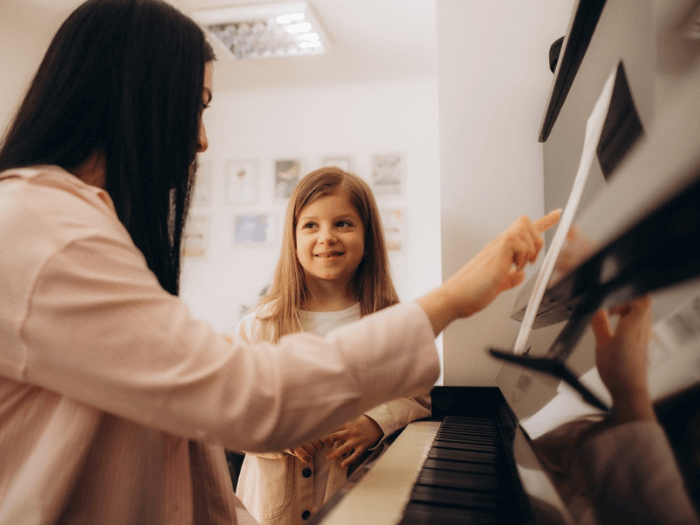Help Protect Instrumental Music Services in Scotland
While government provides a grant directly to local authorities to replace some of the revenue previously generated by charges, not all are using this wholly for music education. Photo: Shutterstock.
In recent years there have been positive developments in instrumental music provision in Scotland, with the removal of fees for children and young people learning an instrument at school. But this has also come with its own set of challenges for cash-strapped local authorities.

While the Scottish Government is now providing a grant directly to local authorities to replace some of the revenue previously generated by charges, not all local authorities are using this wholly for music education – and there is no mechanism to force them to do so.
A further issue is that the grant does not stretch to cover lessons for all children who want them, and local authority music services are no longer permitted to charge, meaning that they often cannot meet the level of demand.
It is vital that we ensure that pupils’ individual circumstances are not a barrier to their ability to access and benefit from instrumental music tuition, so we need to see the grant being used only for music education. Where the grant does not match demand, we either need an increase matched to demand, or a pragmatic discussion about how to ensure that all children who want lessons can access them.
We must also seek to protect the existence of the instrumental music services and the livelihoods of the workforce, which have already been decimated by years of austerity-driven policies and underfunding.
A call to action for MU membersWe are sending out a call to action for MU members to contact their local authority councillors (specifically the convenor or chair of the Education Committee) and MSPs, and demand that they continue to support the provision of a fully functioning Instrumental Music Service - by ensuring that every penny of Scottish Government funding allocated to mitigate the lack of charging, goes back to the music services.
Contact details for councillors can be found on the council’s website or via the Scottish Government website. Find out who your MSP is and their contact details. Key points for context The Scottish Government committed to end charging for instrumental music tuition in schools as part of their 2021 Election Manifesto. The Scottish Government provided funding for local authorities in Scotland to mitigate the financial impact on local authorities who are no longer able to charge for the music services. Local authorities right to autonomy, as part of the Verity House agreement, ultimately means that whilst the Scottish Government provide the funding to mitigate the impact of not charging (which should be used for the purposes of paying for the Instrumental Music Service), not all of this money goes to the music service but to other areas of council governance. Current budget proposals indicate that instrumental music services are being underfunded, reduced, “redesigned” and outsourced to private trusts, thus further removing instrumental music from the core curriculum and jeopardising the livelihoods of the workforce. The UN Committee on the Rights of the Child has also called on States to ensure that children are a priority in budgetary allocations to achieve the highest possible return from limited resources. The Committee’s General Comment No. 5 states that children must be protected from the adverse effects of economic policies or financial downturns. Under the Children and Young People (Scotland) Act 2014, local authorities are required to report on the steps they have taken to “secure better or further effect within its areas of responsibility of the UNCRC requirements.” It is possible to ask whether the action they are considering has been informed by the views and rights of the children and young people affected. For example, has there been meaningful consultation with children and young people affected? It may also be helpful to ask whether a Children’s Rights Impact Assessment and Equalities Assessment has been carried out and if so, what were the outcomes?






































